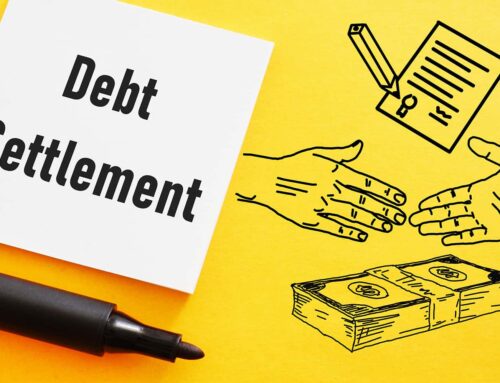Are you struggling under the weight of too much debt or looking for ways to free yourself from financial burden? If so, you’ve likely come across two commonly proposed solutions: debt consolidation and debt settlement. Understanding the difference between these two options, and why debt settlement may be a more advantageous solution, is crucial for the future of your financial health and stability. First, let’s make sure we understand the differences between both options.
What is Debt Consolidation?
Debt consolidation is the process of combining multiple high-interest debts into a single lower-interest loan. Typically, this involves taking out a new loan to pay off several other debts. This process can simplify your financial management, lower your monthly payments, and possibly reduce your interest rate. However, debt consolidation doesn’t necessarily reduce your overall debt, and it may extend your repayment period and prolong your debt burden well into the future.
What is Debt Settlement?
On the other hand, debt settlement is the process of negotiating with your creditors to reduce the total amount of debt owed. This can be done independently or by employing an experienced bankruptcy attorney. In most cases, you or the attorney will propose a reduced lump sum payment amount, which if the creditor accepts, will fully settle the debt. Often the only way to get a creditor to accept less than the amount owed is to use the Bankruptcy Code to let them know that the debtor has other options that are available and that in many instances it is in the best interests of both sides to reach a compromise. A Bankruptcy attorney can make a creditor understand this fact and by doing so can use that leverage to obtain a good result for the debtor.
Why Debt Settlement Might Be a Better Option than Debt Consolidation
While both options have their merits, debt settlement often offers a series of advantages over debt consolidation.
1. Reduction in Total Debt
Unlike debt consolidation, which primarily restructures your debt, debt settlement can significantly reduce the total amount you owe. If successful, debt settlement negotiations can result in you paying a fraction of your original debt, which can be an enormous relief for individuals facing substantial debt.
2. Save More in the Long Run
While debt settlement often requires a lump sum payment, if successfully negotiated, you could end up paying much less than you would over time with consolidated loans. Although it might be challenging to gather this lump sum, the overall savings can be substantial compared to debt consolidation.
3. Faster Path to Becoming Debt-Free
Debt settlement can provide a quicker route to becoming debt-free. By negotiating a settlement, you can potentially clear your debt in a significantly shorter timeframe than you would under a consolidated debt repayment plan, which could take years.
Miscellaneous Factors to Consider
Despite many advantages, it’s essential to keep in mind that debt settlement can impact your credit score and may also have tax implications, as forgiven debt may be considered taxable income. Additionally, there’s no guarantee that your creditors will agree to a favorable settlement. This is why it is best to work with a professional to ensure the best outcome for you.
Both debt settlement and debt consolidation are serious financial strategies that should be considered carefully. If you’re struggling with debt, it’s best to consult with a bankruptcy attorney to understand your options fully and decide on the most suitable course for your individual circumstances.
In conclusion, If you’re feeling overwhelmed by the complexities of debt consolidation and/or settlement, The Law Offices of Brent D. George are here to help. With an impressive track record of supporting clients through debt-related challenges, we can offer tailored advice to navigate these difficult decisions. We’re currently offering a free consultation to discuss your options and outline how we can guide you towards a more stable financial future.







